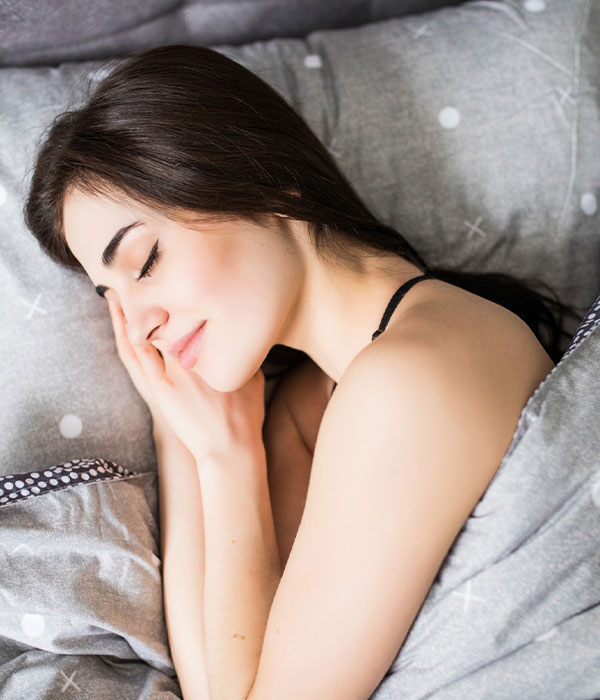
Sleep Evaluation Services
Sleep Disorders
Dr. Sesi has years of experience treating adult and pediatric patients with a range of sleep disorders. If you’re one of the nearly 70 million Americans dealing with chronic sleep concerns, such as loss of sleep or feeling tired, we can help you. Sleep disorders can include conditions such as sleep apnea, sleep disordered breathing, restless legs, insomnia, narcolepsy, hypersomnia, parasomnias, circadian rhythm disorders, nightmares, periodic limb movements and nightmares.
Consistently getting less-than-adequate rest increases your risk of diabetes, high blood pressure, obesity, depression, heart disease and stroke. The wonderful news is that many sleep disorders are highly treatable. And no matter your sleep concern is, Dr. Sesi is here to help. She works with adult and pediatric patients for a range of sleep concerns.
When you come to our office for diagnosis and treatment of sleep-related conditions, you will work with a caring team trained in the most up-to-date methods and comprehensive strategies to effectively treat our patients. Our passion is helping others with their complicated health conditions.
Sleep medicine new patient paperwork
Sleep Evaluation Information
Common sleep testing includes in lab polysomnograms, home sleep testing, titration studies and multiple sleep latency tests. Our office works closely with several accredited testing sites to ensure that the proper type of testing is performed to help treat our patients.
If you have obstructive sleep apnea, you might benefit from using a machine that delivers air pressure through a mask while you sleep. This is a highly effective treatment option where the air pressure is somewhat greater than that of the surrounding air and is just enough to keep your upper airway passages open, preventing apnea and snoring.
Another option is wearing an oral appliance designed to keep your throat open. CPAP is more reliably effective than oral appliances, but oral appliances might be easier to use. Some are designed to open your throat by bringing your jaw forward, which can sometimes relieve snoring and mild obstructive sleep apnea. Several devices are available from dentist that are trained in dental sleep. You might need to try different devices before finding one that works for you.
Surgery may be an option for people with OSA, but usually only after other treatments have failed. Generally, at least a three-month trial of other treatment options is suggested before considering surgery.
Treatment for associated medical problems. Possible causes of central sleep apnea should be assessed. Other therapies that may be used for CSA include supplemental oxygen, CPAP, BPAP, and adaptive servo-ventilation (ASV).
Medicine changes.
You may be prescribed medicine to help manage your breathing. If medicines are worsening your CSA, these may need to be adjusted.
Using supplemental oxygen while you sleep might help if you have central sleep apnea. Various forms of oxygen are available with devices to deliver oxygen to your lungs.
This more recently approved airflow device learns your typical breathing pattern and stores the information in a built-in computer. After you fall asleep, the machine uses pressure to regulate your
